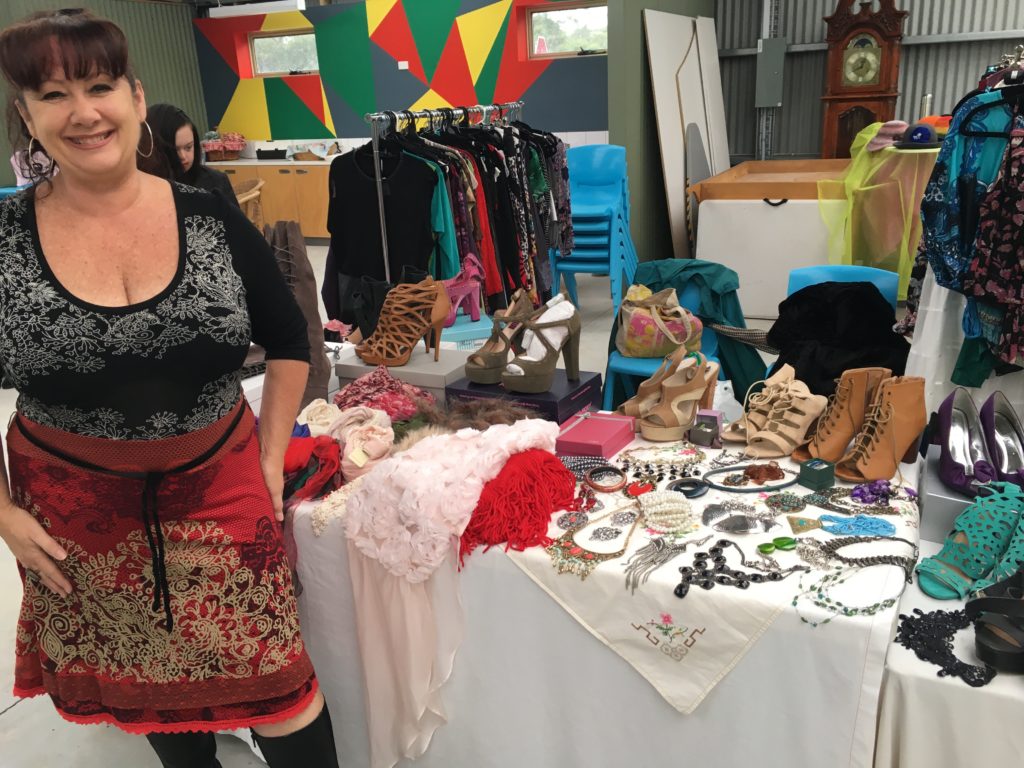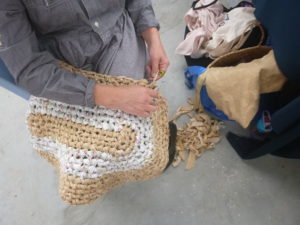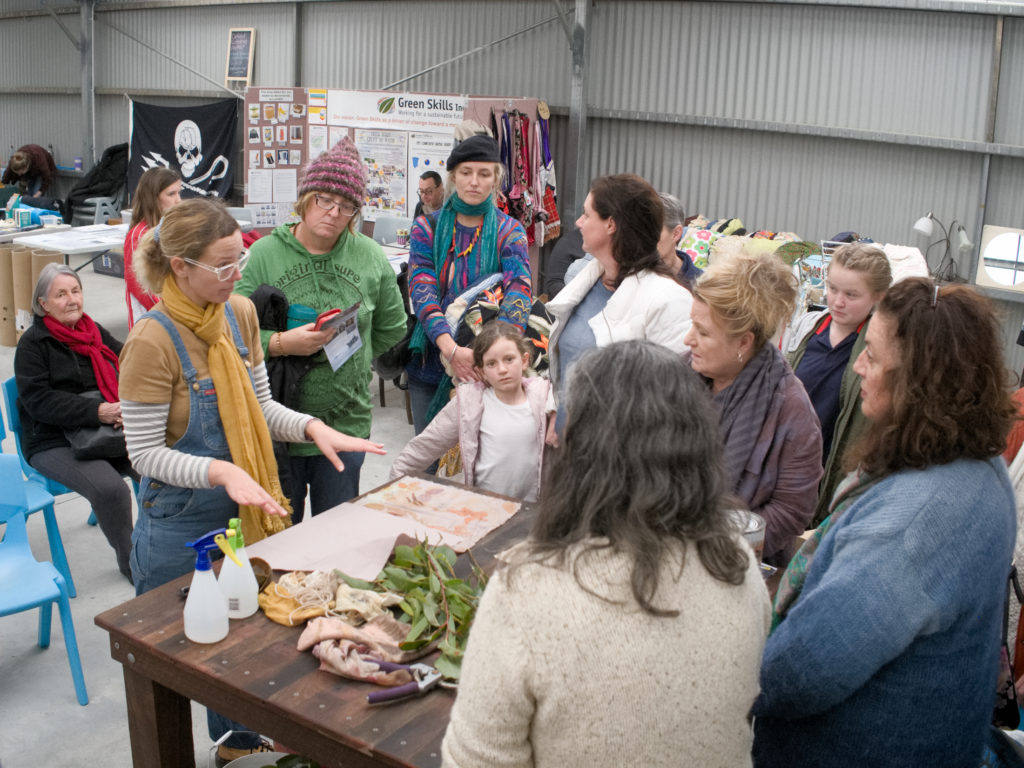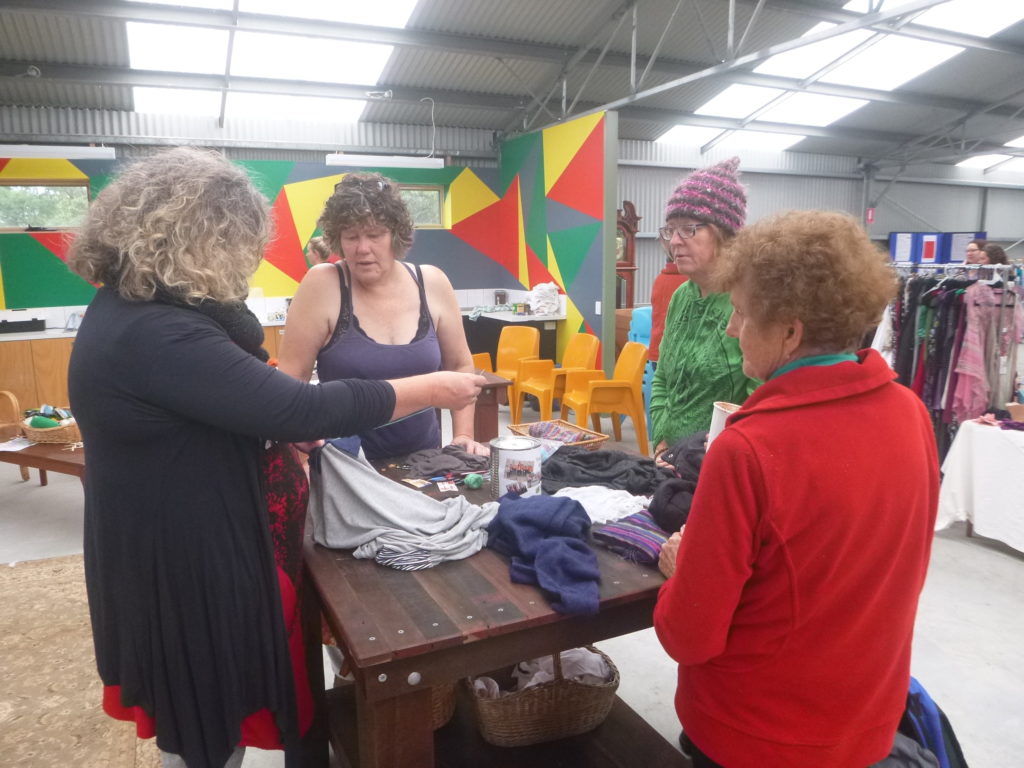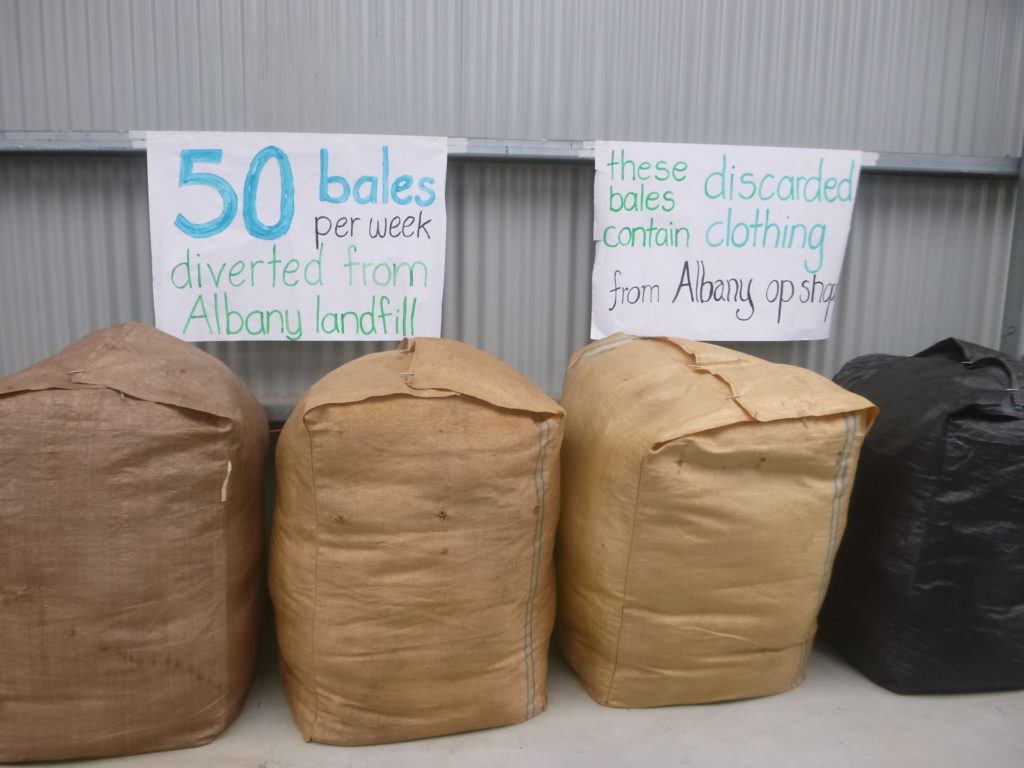by Basil | Jul 31, 2019 | Green Skills Inc. - Sustainability Non-Profit
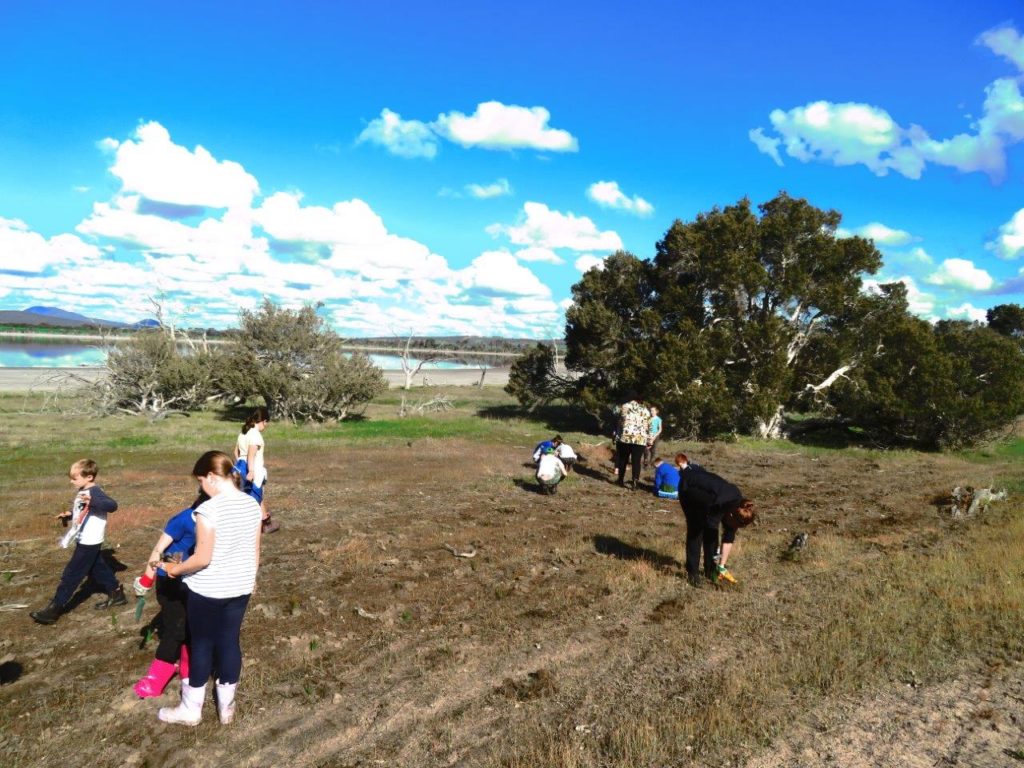
Cranbrook School Tree Planting Outing to Tom South Lake – Tuesday 30th July 2019
Cranbrook Primary School Tree Planting Event Links Students to Landcare
The Cranbrook School Tree planting day held on Tuesday 30th July at Tom South Lake went well. Green Skills coordinated the provision of local native plants grown in the Katanning Landcare nursery, and guidance for the students on the day
The Gillamii Centre and the Shire of Cranbrook provided assistance in terms of planning and site preparation.
Forty or so students accompanied by several teachers and supporting adults from the Cranbrook Primary School participated in planting and watering around 1100 local shrubs and trees around the fenced off edge of the lake foreshore. Thanks also to the Jones and Williamson farming families for providing permission and support for the plantings. . This landcare project has been supported by the Koorabup Trust, Green Skills, Gillamii Centre, Shire of Cranbrook and the Cranbrook Primary School.
For a number of years bird enthusiasts including Steve Elson from Ongerup and others from BirdLife Australia have been surveying the birdlife of Tom South Lake, noting that it is an important haven for shorebirds including the threatened Hooded Plover, In 2018 Green Skills and the Gillamii Centre organised support for a 3.7km fence to be built protecting the foreshores of this lake from sheep grazing.
Last summer, it was noted that Hooded Plovers were breeding on the edge of the lake, the first time in years. The proximity of this lake adjacent to the main road between Cranbrook and Katanning makes it an ideal demonstration site to promote lake conservation to the broader Great Southern farming community.
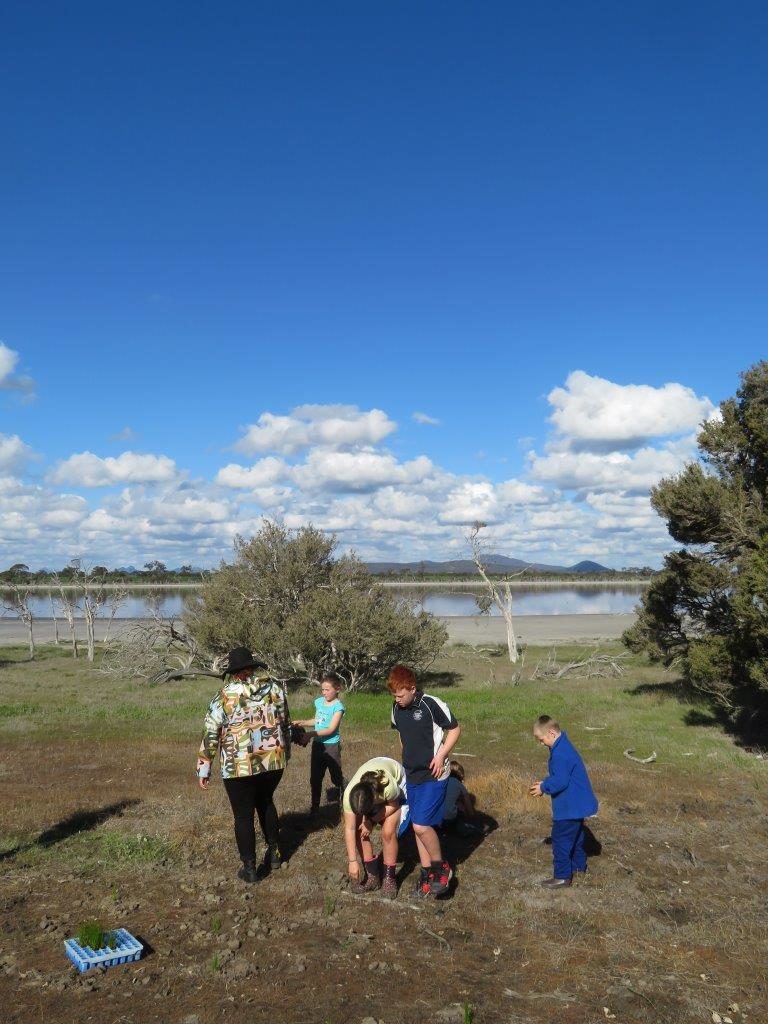
Cranbrook School tree Planting Outing to Tom South Lake – Tuesday 30th July 201


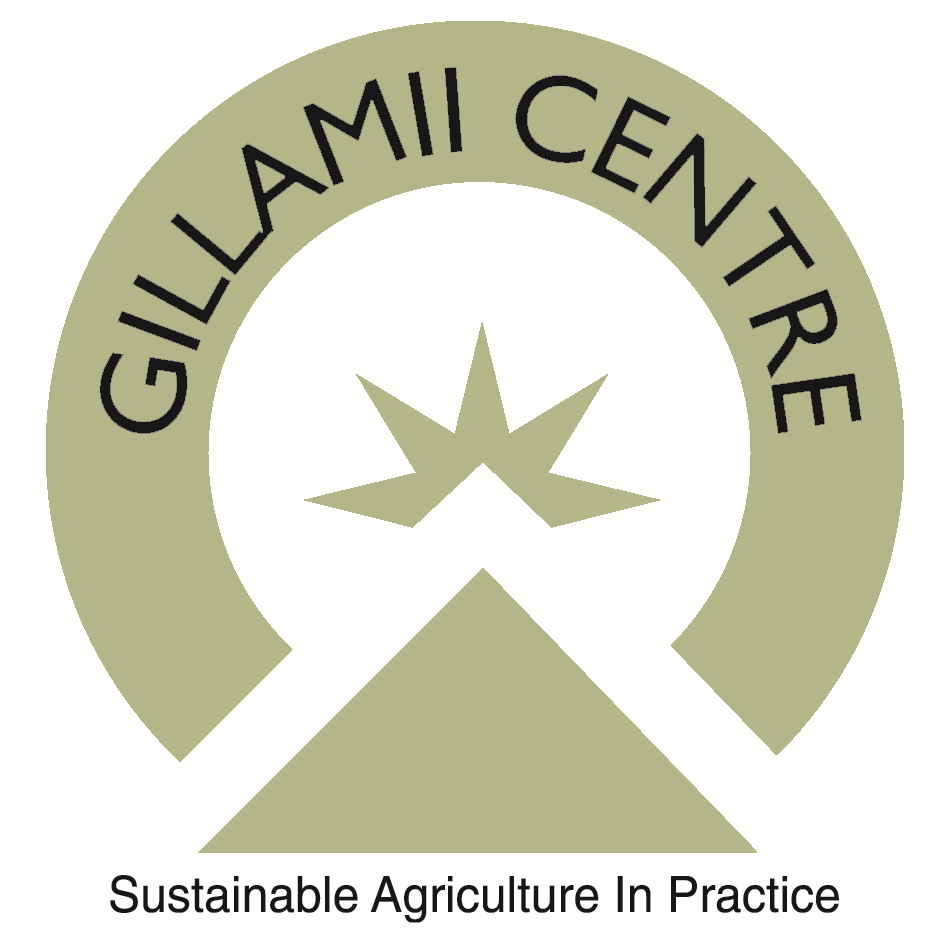
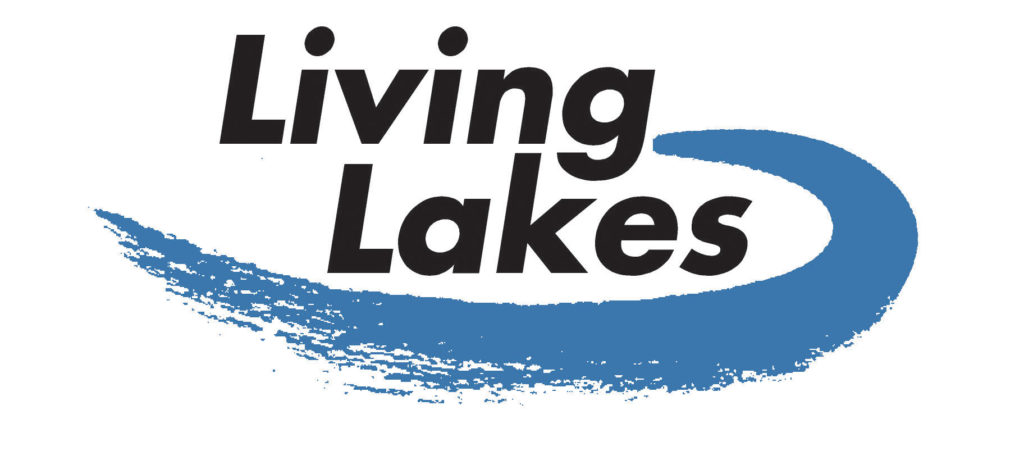
by Basil | Jul 22, 2019 | Green Skills Inc. - Sustainability Non-Profit
Learning is Fun at the Denmark Community Garden
At the Denmark Community Garden workshop on Saturday 20th July, local garden expert, Neal Collins, shared his knowledge on how to grow fruit bearing trees and bushes.
Twelve people attended the event, held at the newly established Denmark Community Garden, which is a collaborative project between Green Skills and the Denmark CRC.
People interested in joining workshops and other activities at the Garden can register with Green Skills Denmark .. email at [email protected]
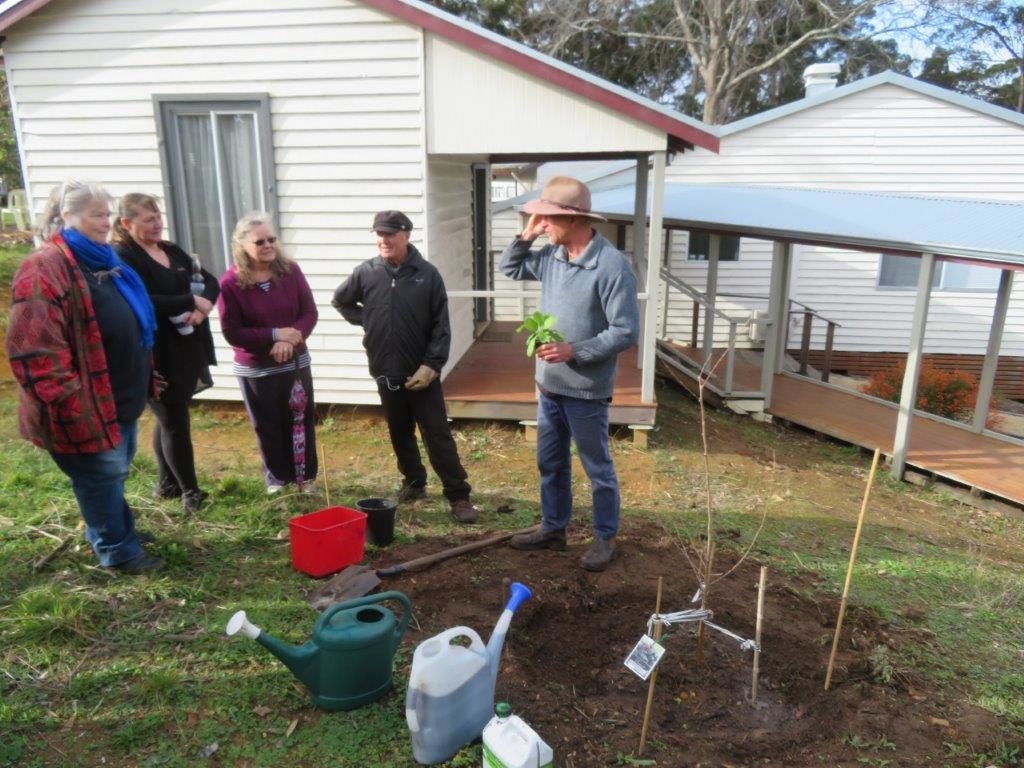
Neal Collins demonstrating helpful tips on how to plant a Mulberry at the Denmark Community Garden.
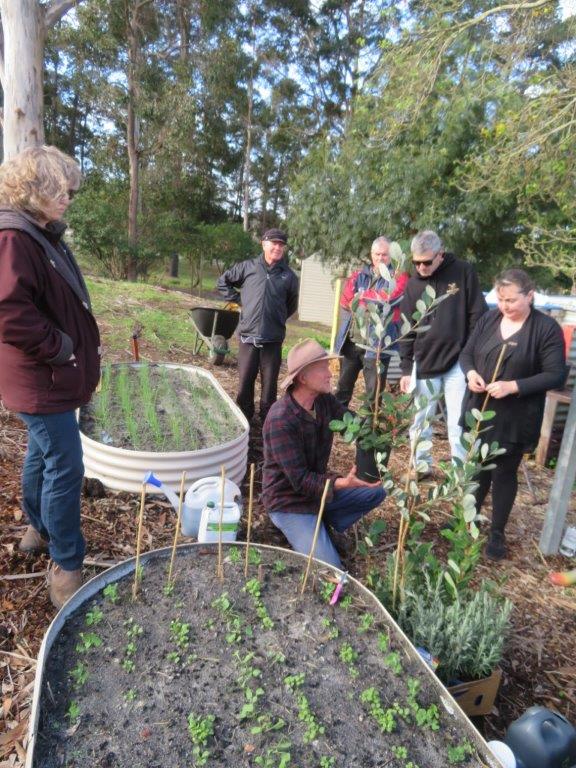
Preparing a range of bushes and herbs for planting at the Denmark Community Garden
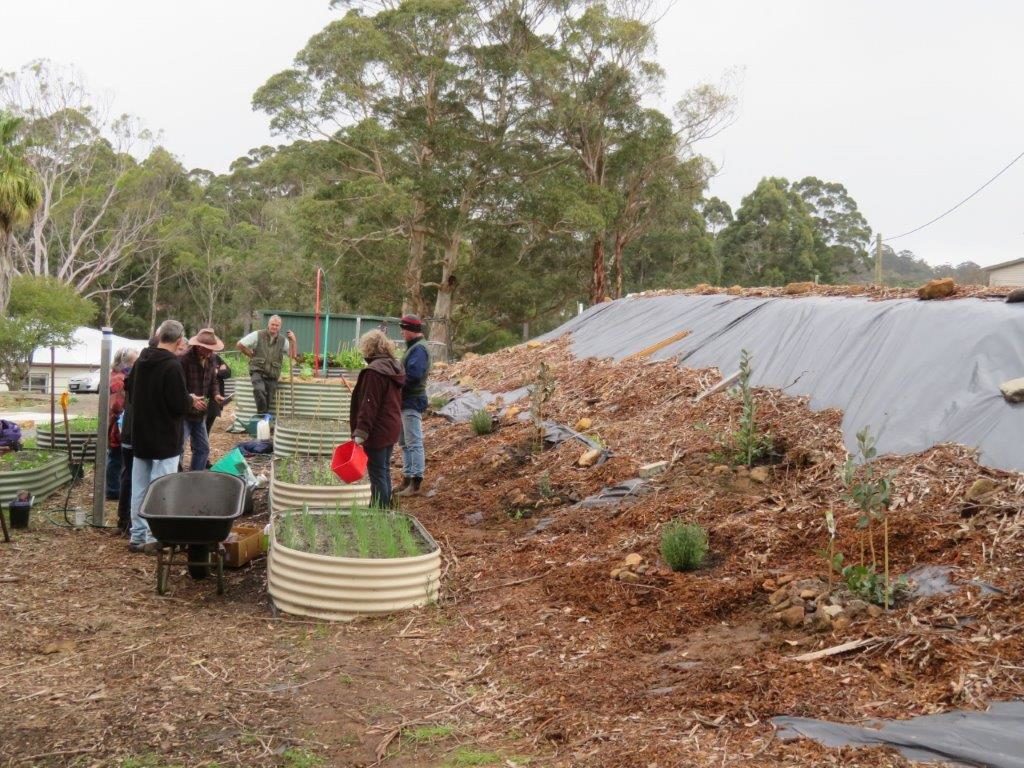
The new Denmark Community Garden coordinated by Green Skills slowly taking shape
by Basil | Jul 22, 2019 | Green Skills Inc. - Sustainability Non-Profit
Monday 22nd July 2019
Volunteer University Students help plant out landcare sites
A team from Trinity Residential College at the UWA joined in a two day program of tree planting for habitat restoration on a farm near Cranbrook on the 18th and 19th July 2019.
The team of eight, led by College head, Mike Shearer, planted 6500 native trees and shrubs on two sites on the Williamson farm, north of Cranbrook. Trinity College had grown 4000 of these trees as part of their landcare effort.Other trees came through Katanning Landcare, Habitat Nursery in Denmark, and through North Stirling Pallinup NRM.
The team worked with Green Skills’ Basil Schur, and the Gillamii Centre’s Freyer Spencer, on the project. They were able to stay three nights in a spare homestead on the Walsh family farm.
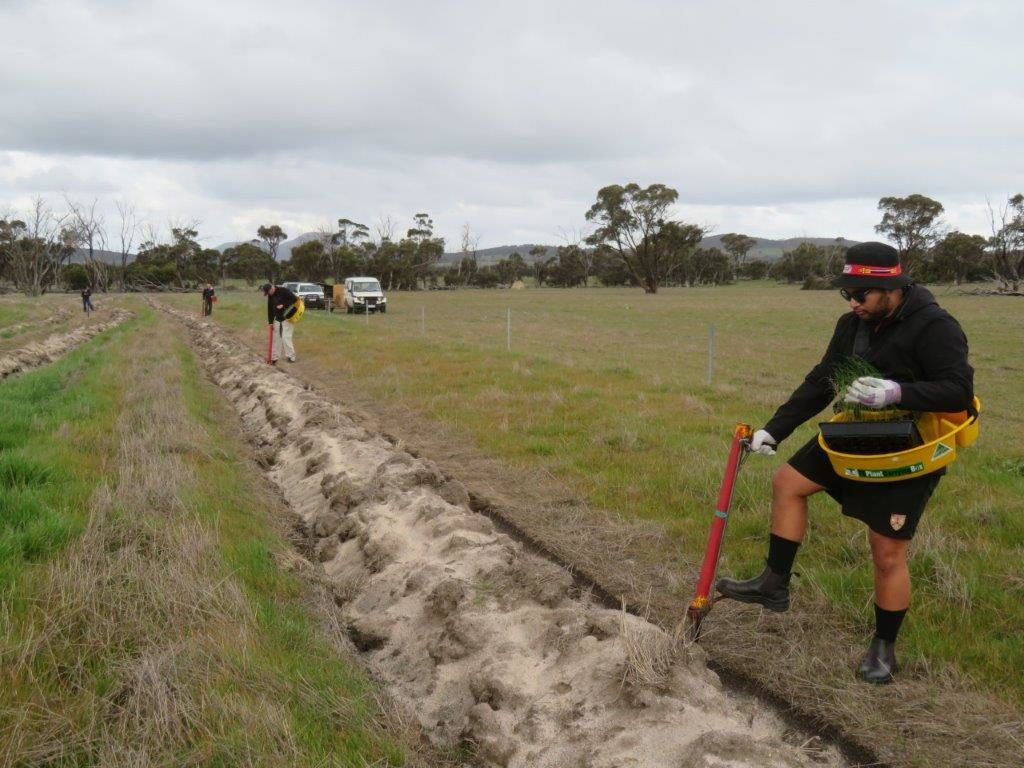
Volunteer team of Uni students from Trinity College planting a habitat restoration site on the Williamson Farm, Cranbrook with Green Skills and Gillamii
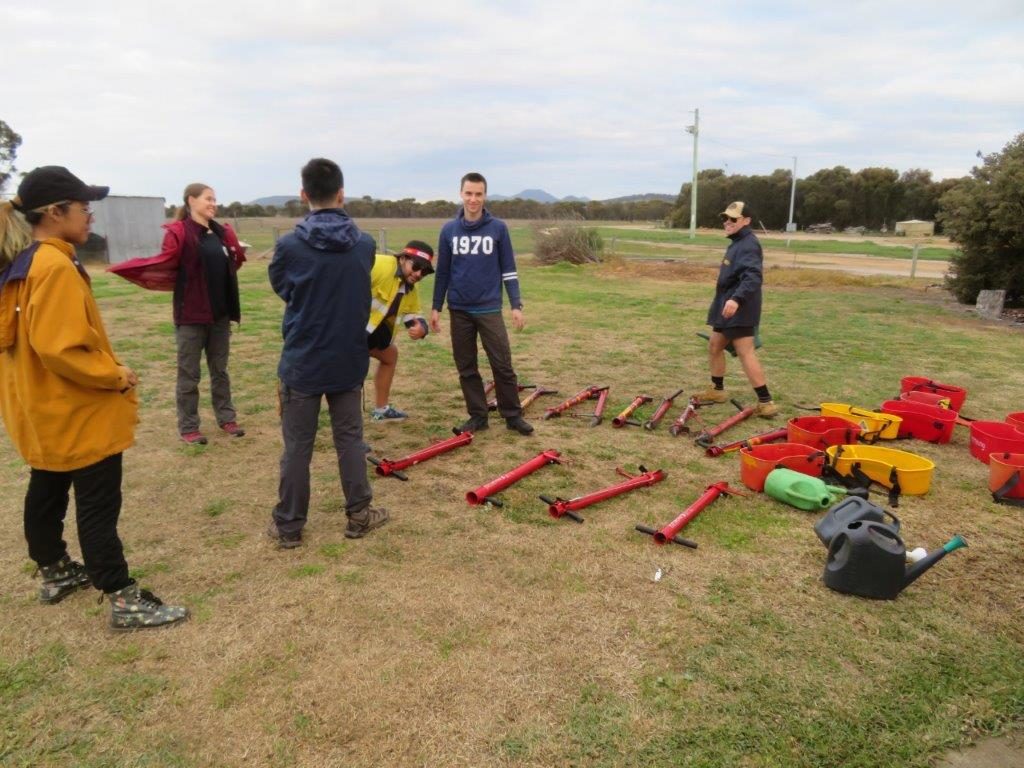
Volunteer team of Uni students from Trinity College help clean up planting equipment after a day with Green Skills and Gillamii
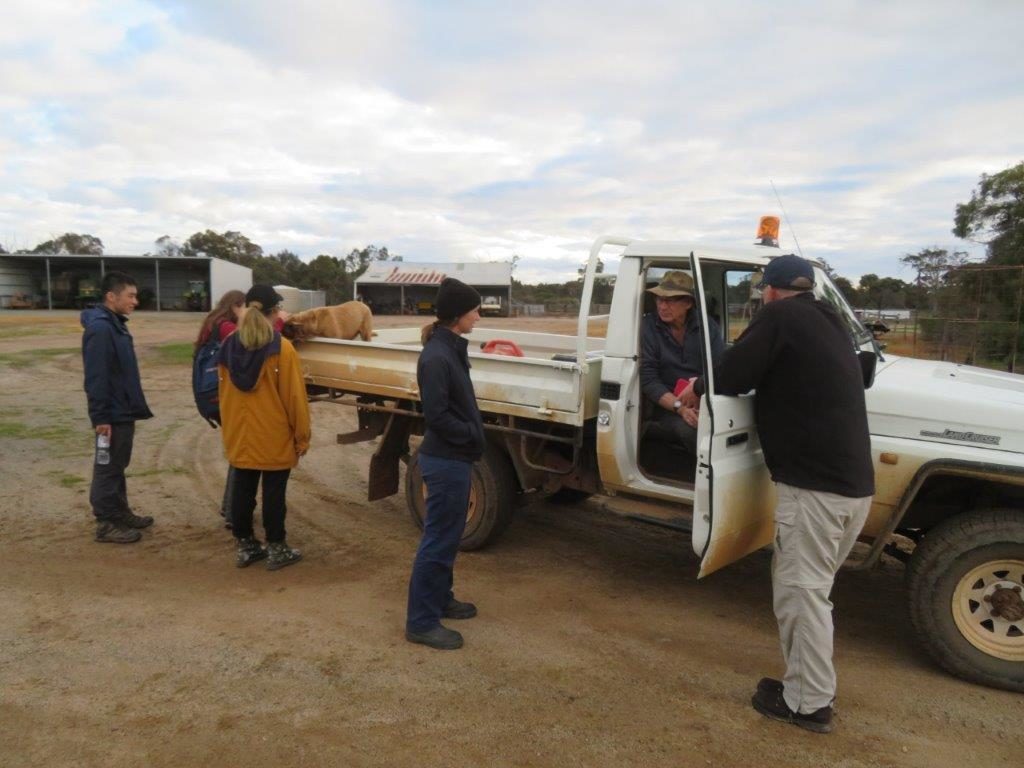
Ian Walsh, Cranbrook farmer, speaking to Freya Spencer of Gillamii and some of the team from Trinity College, This tree planting project helps provide a valuable experience for city based uni students, several of whom from overseas. The Walsh family kindly hosted the team in one of their homesteads during the event.
For further information, contact Basil Schur at Denmark Greens Skills on [email protected]
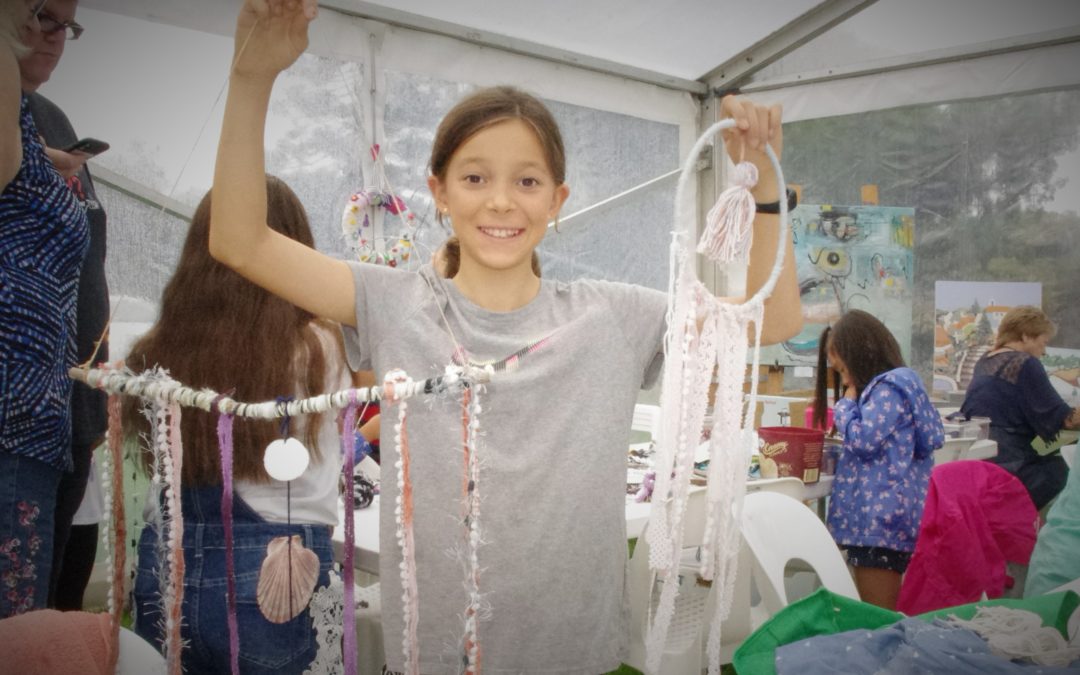
by Laura | Jun 24, 2019 | Green Skills Inc. - Sustainability Non-Profit
Sewing with Scraps workshop takes a seaside theme, with shells, driftwood and of course, fabric scraps.
Adding to Jude’s box of recycled supplies – part-balls of wool, op shop ribbons, wire hangers – participants choose to make either a dreamcatcher or a mobile.
This sustainability workshop teaches children, teens and adults how to breathe new life into unwanted clothes and craft supplies, and create something beautiful.
Pictured: a happy participant of Coogee Live – the City of Cockburn’s seaside festival.
To bring this workshop to your organisation or environmental education centre, contact the Green Skills Perth office on 9360 6667 or email [email protected]














